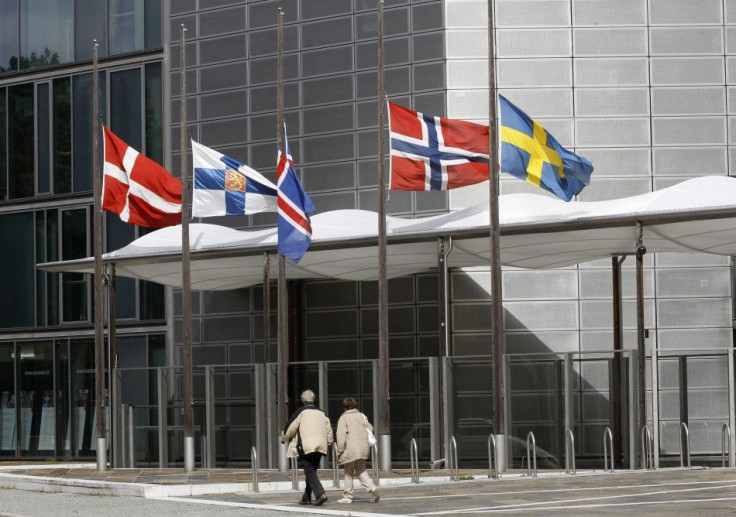Norway Unprepared for Terror Acts: WikiLeaks

One day after the worst terrorist attack in Norwegian history, it had emerged that the country’s government and intelligence agency had been criticized for their failure and inability to track and monitor terror cells operating there.
According to diplomatic cables uncovered by WikiLeaks; as recently as 2009, one U.S. official derided Norway’s security apparatus as being “in over its head” and that “it simply cannot keep up.”
Other diplomatic documents noted that Oslo officials thought their nation was immune” from terrorist attacks and that groups like as Al Qaeda were “not a direct threat”.
U.S. authorities were apparently so flustered by Norway’s inability to grasp the threat posed by terrorists that they had to “press” their Norwegian counterparts to deal with the topic seriously.
Regarding the efforts of Norway’s Police Security Service (PST) to monitor an Al Qaeda terrorist cell in the country, the US ambassador to Norway Barry White complained in a diplomatic cable that PST officials refused help from British intelligence officials to help with the case.
“Not only will [PST] not put their own resources on [the terror cell]…but they also just turned down the visiting UK [intelligence] service’s offer of two twelve-person surveillance teams,” he wrote.
The cables also cites instances of incompetence and apathy among Norwegian intelligence officials.
Another memo, from 2007, focused on the potential for terrorist activities among young Pakistani immigrants in Norway.
The cable lamented that Norwegians think they are in a “country that continues to feel immune from terrorism”.
The document added: “The official police [PST] threat evaluation… states that international terror organizations are not a direct threat against Norway.”
Other cables indicate that while US officials repeatedly pressured Norway to beef up its anti-terrorism activities, Oslo authorities seemed to believe that Denmark was in greater danger because of the anti-Islamic cartoons published in a Danish newspaper.
© Copyright IBTimes 2025. All rights reserved.



















